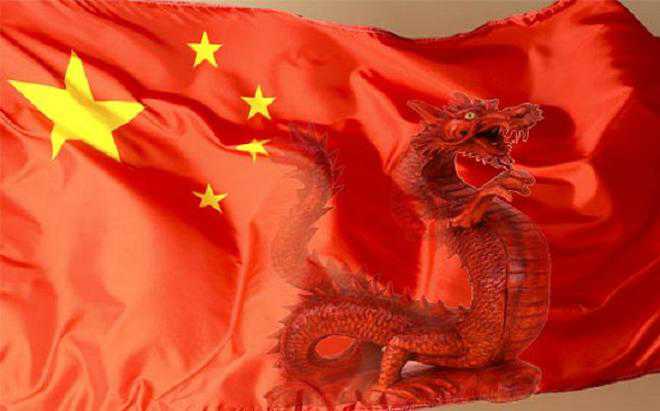First-of-its-kind document says Beijing tried to capture Pak information space

Sandeep Dikshit
New Delhi, September 29
The US has released a first-of-its-kind report that takes a comprehensive look at how China attempts to distort the global information space to advance its geopolitical objectives.
Manipulation tactics
Unchecked, the People’s Republic of China’s information manipulation could in many parts of the world diminish freedom to express views critical of Beijing. US report
“This is not simply a matter of public narrative but a national security subject. Unchecked, the People’s Republic of China’s (PRC) information manipulation could in many parts of the world diminish freedom to express views critical of Beijing,” noted the report.
The 58-page report gives several examples in this regard, including where Beijing tried to take over the entire Pakistani information space by building a censorship operation. Through this, they could monitor the whole information space in order to make adjustments and changes. With Pakistan, Beijing has sought to deepen cooperation in “combating disinformation”, including under the China-Pakistan Economic Corridor (CPEC) Media Forum. Both sides use the Media Forum to address what they view as propaganda and “malicious disinformation”, said the report with Jamie Rubin as the lead author.
“When you look at the pieces of the puzzle and put it together, you see a breathtaking ambition on the part of the PRC to seek information dominance in key regions of the world,” said Rubin, who is the US Special Envoy and Coordinator of the Global Engagement Center, while speaking on the report in Washington. The report notes that the Chinese do not follow the Russians’ example of outright lies. On Ukraine, they are largely accurate. “But its news service reports a large number of things that happen badly in the US and only wonderful things happen in China. They provide that to third parties, newspapers in Africa or Asia, but insist that no other wire service gets used. “Every day, China, Russia and other state actors distort the international information environment to their advantage…nothing less than the future integrity of the global information space is at risk,” said Rubin.
The report shows how China has invested billions of dollars to construct a global information ecosystem to promote propaganda, censorship and disinformation. On issues the Chinese Government deems sensitive, it has employed online and offline intimidation. It’s also taken measures against corporations that challenge its desired narratives on subjects like Xinjiang and Taiwan. On WeChat, Beijing has censored and harassed individual content producers.
Rubin feared that as other countries emulate these tactics, they are increasingly receptive to Beijing’s propaganda, disinformation and censorship.
Over time, China could develop a “surgical capability” to shape the information particular groups and individuals consume, he warned.
